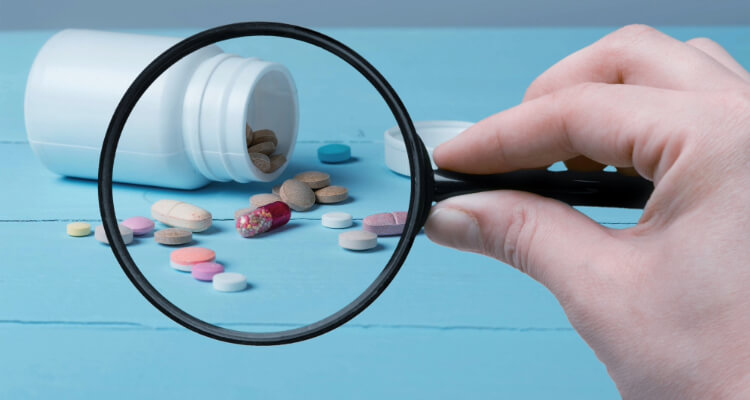On November 15, 2023, the New Jersey Supreme Court decided the Morris County case of State v. Michael Olenowski. The principal issue before the Court concerned the admissibility of Drug Recognition Expert (DRE) testimony.
Presiding Judge Sabatino wrote for the 5-2 majority in relevant part: In State v. Olenowski (Olenowski I), 253 N.J. 133 (2023), the Court adopted for criminal cases a non-exclusive, multi-factor test for the reliability of expert testimony patterned after the standard established in Daubert v. Merrell Dow Pharmaceuticals, Inc., 509 U.S. 579 (1993). The Court now considers whether Drug Recognition Expert (DRE) testimony is reliable and admissible under that standard. The Court also considers the appropriate standard of review for Daubert-based expert reliability determinations in criminal appeals.
N.J.S.A. 39:4-50 prohibits impaired driving, whether the impairment is caused by alcohol or one or more drugs. A driver whose blood alcohol concentration (BAC) level exceeds the 0.08% limit prescribed by that statute is guilty — per se — of driving while intoxicated. But there is no equivalent per se violation in this state for persons who drive with impairment-causing drugs in their system. Detecting and proving that a driver ingested and was under the influence of drugs while behind the wheel can be challenging. To enable such detection, law enforcement officials and researchers developed a twelve-step protocol: (1) a breath alcohol test; (2) an interview of the arresting officer; (3) a preliminary examination and first pulse check; (4) a series of eye examinations; (5) four divided attention tests; (6) a second examination and vital signs check; (7) a dark room examination of pupil size and ingestion sites; (8) an assessment of muscle tone; (9) a check for injection sites; (10) an interrogation of the driver by the DRE; (11) a final opinion, based on the totality of the examination, about whether the driver is under the influence of a drug or drugs; and (12) a toxicological analysis.
The majority begins by incorrectly stating that the blood alcohol concentration (BAC) must exceed .08 for a per se DWI violation. A BAC equal to or greater than .08 suffices for a per se violation.

